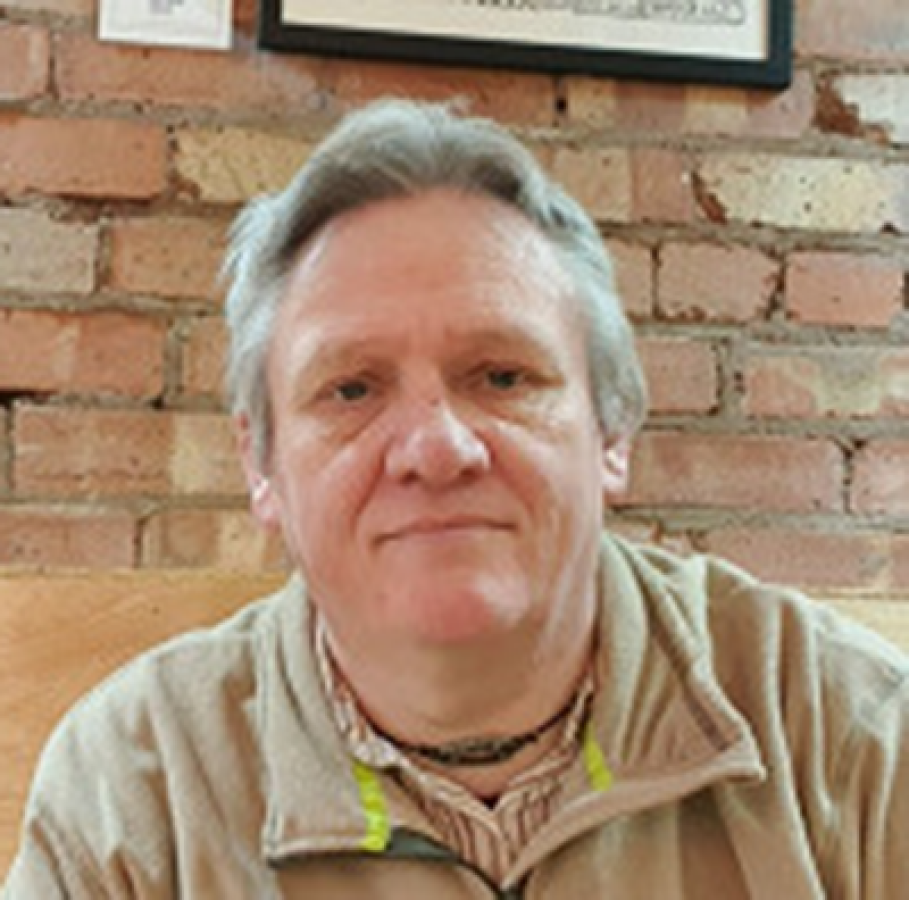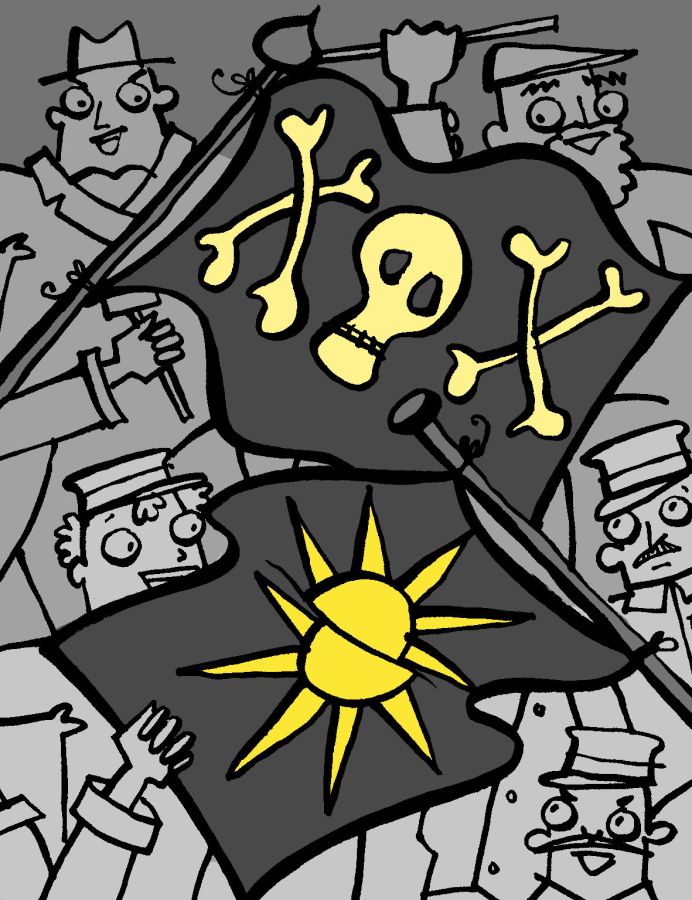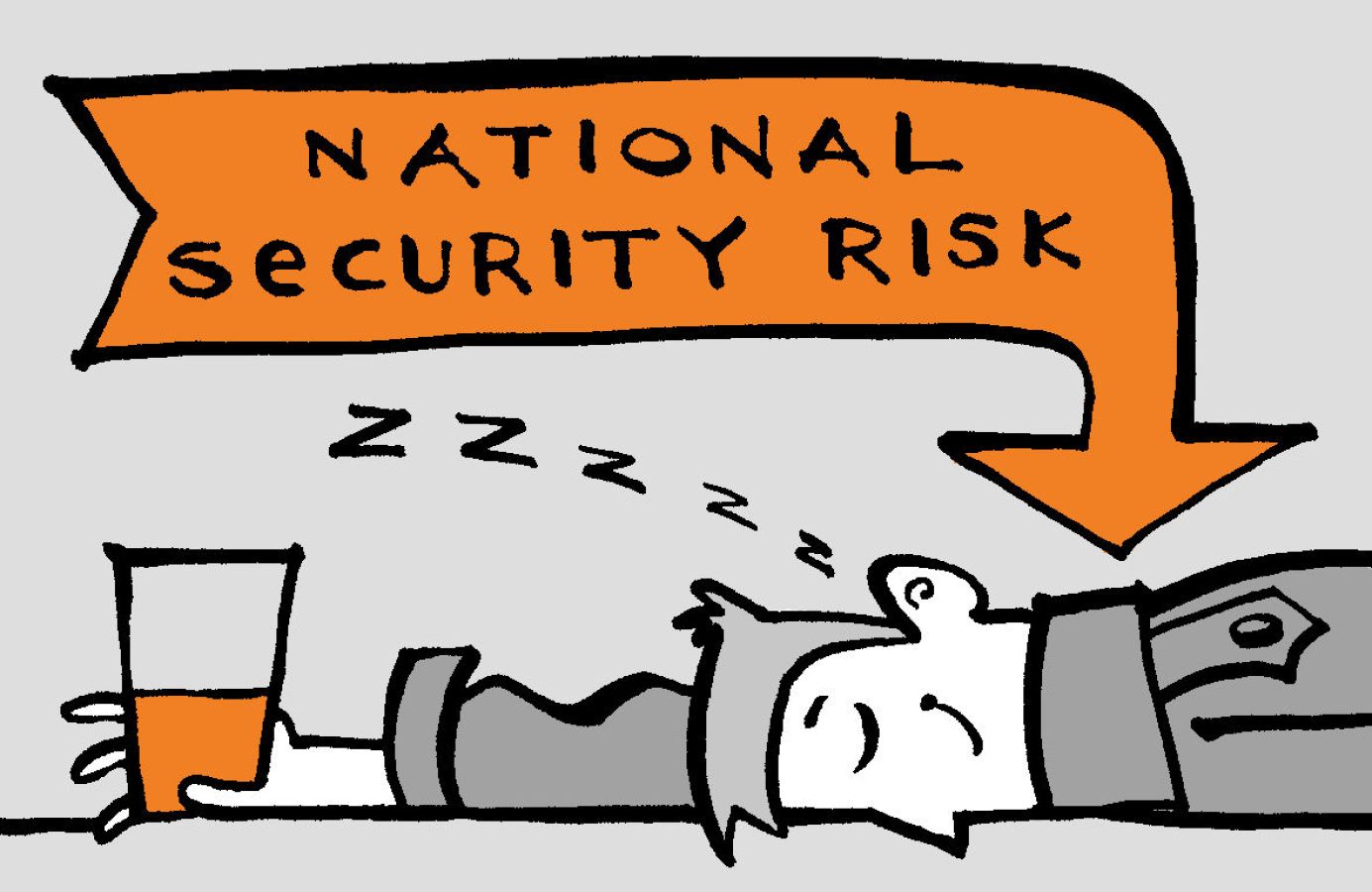Steve Dunkley takes you through the alcohol temperance movement, and how that impacted government decisions during World War One around alcohol consumption in pubs.
Illustrations by Christine Jopling

Temperance societies began forming in the 1830s, mostly by busy body upper classes who didn’t like that the lower classes were seen as being out of control. They wanted more order, more God Fearing citizens who were easier to control. But the general public didn’t really like their interference and most of those calling for abstinence didn’t really achieve anything. Even the well known Salvation Army wasn’t popular. This wasn’t the Sally Army that we know today who hang around outside supermarkets at Christmas playing carols on brass instruments, but a more direct campaigning protest movement. They would regularly march through towns shouting about the wickedness of alcohol and how everyone was going to hell. And much to their despair there were usually much larger counter protests from loose bands known as the Skeleton Army in direct mockery of the Salvation Army’s name. The Salvation Army was often known for asking the local judiciary and police forces for help to stop the counter protests, but they were almost always denied it. However, even though the courts found that the Salvation Army marches were liable to cause riots, they were still allowed to go ahead because they never threw the first punch. And a lot of punches did get thrown between the Salvation and Skeleton Army members. Whilst the Salvation Army and other temperance societies didn’t have the backing of the people, they did have the ear of Parliament with several members of temperance societies also being members of both the House of Commons and the House of Lords.


In 1914 due to the First World War, the government introduced The Defence Of The Realm Act which included measures to restrict the licensing hours for pubs to 12 noon to 2pm and then 6:30pm to 9:30pm in an effort to stop all day drinking, a forced lower strength beer so that even when drinking it was more unlikely that someone would get drunk, they added an extra war tax on a pint and banned “treating.” Treating seemed like a very strange thing to ban, making it illegal to buy someone else a drink and a lot of soldiers complained that they suddenly had to pay for their own drinks, but the reasoning was that a drunken soldier was more likely to reveal secrets and information than a sober one and the law was brought in to thwart spies, and extended to the general public, just in case.
Steve Dunkley
Steve Dunkley
Steve Dunkley
Steve Dunkley
Steve Dunkley
Become a CAMRA member today for unlimited free access plus many other membership benefits. Find out more